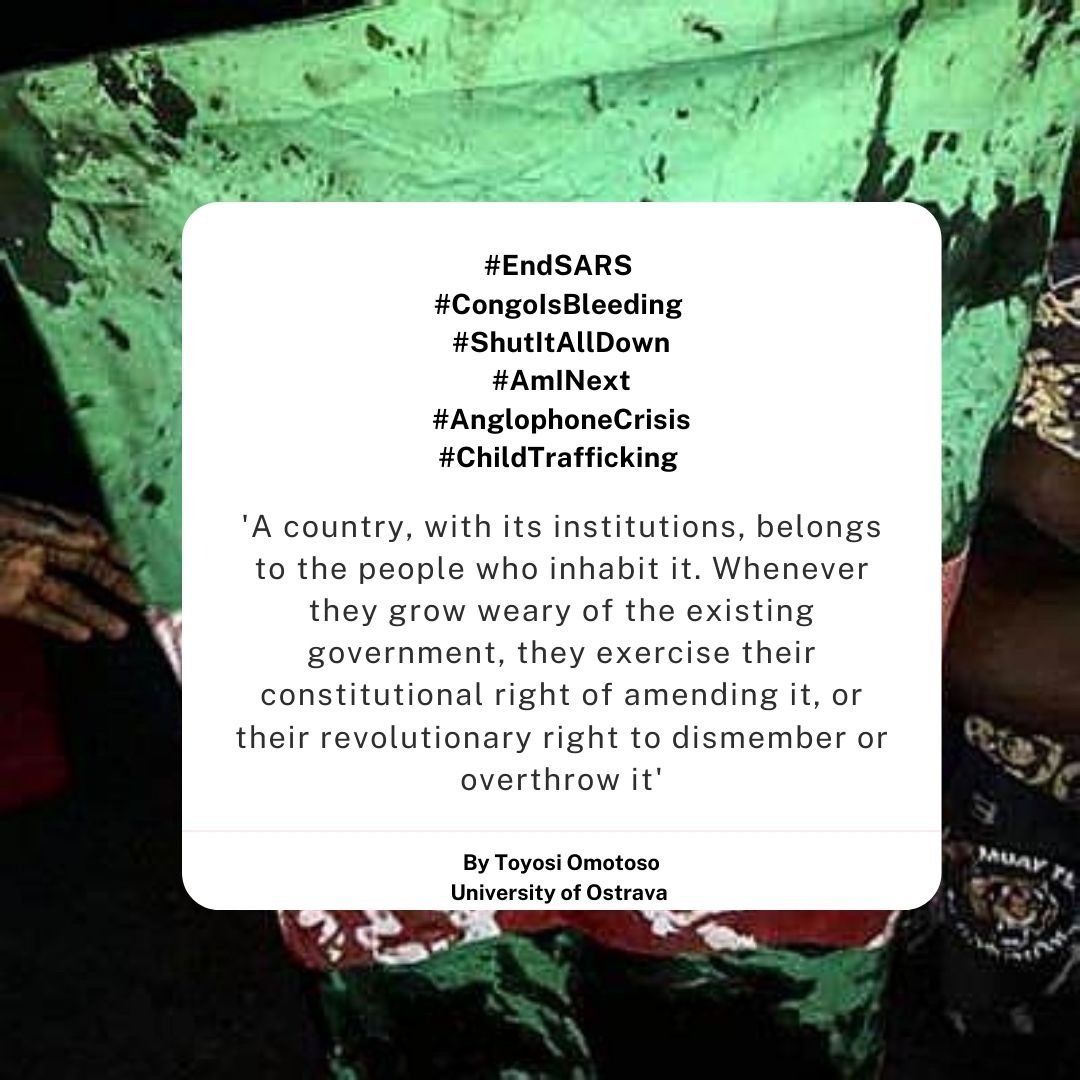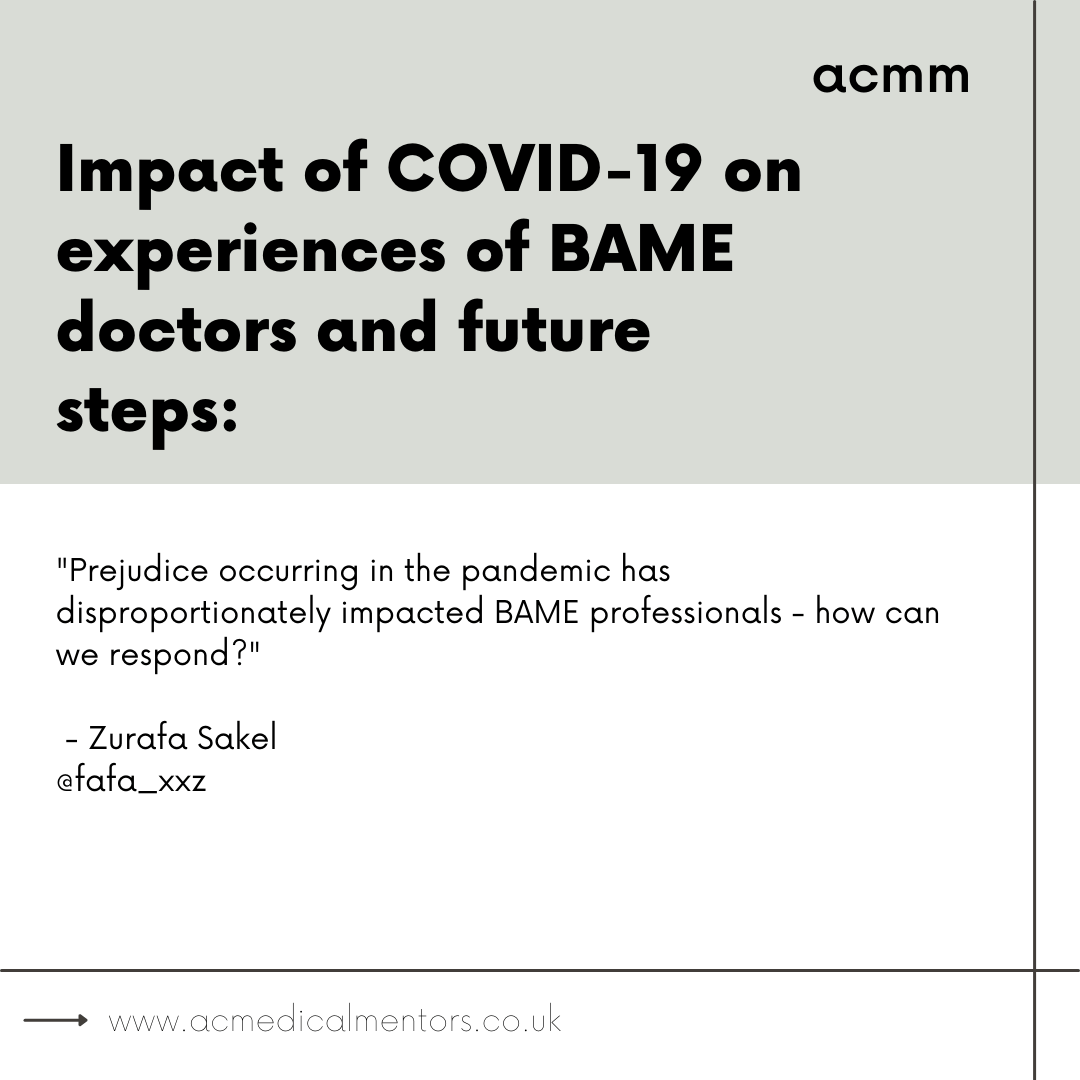Clerking patients with Mania
Earlier this year, I had a six-week placement in psychiatry and had the privilege interacting with many admirable psychiatrists who went above and beyond for their patients and with patients who kindly shared their stories and struggles with me. I knew this placement would be unlike any other I had been on and in this article, I recall the first time I clerked (interviewed) a patient with mania… and it was definitely a unique experience…
Disclaimer: All initials and some details have been omitted/changed to preserve patient anonymity.
Patient KL is a 16-year-old, male who was top of his class but in the last 6 months, this all changed as his behaviour changed from ‘calm and likeable’ to ‘angry and irrational.’ He stopped going to school for 2 months and spent all his time on his laptop, planning how to end world poverty and become a billionaire. He fell out with his family and in the days leading up to his forced admission, he hadn’t showered or ate in days; a common occurrence in severely manic patients.
On interviewing him, he exhibited delusions of grandeur, concrete thinking, flight of ideas, pressured speech, auditory second person hallucinations and lack of insight. For the non-medics, this means he believed God and angels spoke to him and that he had been appointed by God to end world poverty. When talking about this, he spoke in a very fast, uncontrollable way and did not doubt these ideas at all.
During the consultation I felt an array of emotions, including curiosity, confusion and sadness.
Curiosity: As it was the first time, I had taken a history from somebody with mania, it was amazing to see grandiose delusions, an abstract concept I had only seen in textbooks, come to life. I wanted to know more about his ideas and where they originated from. Some of his ideas, regarding business and education, I’d find myself agreeing with until he’d then add something completely bizarre, thus reminding me of how unwell he was. I wondered how psychiatrists reserved from getting pulled into a patient’s convincing spiels.
Confusion: I was confused as to what had caused/triggered this manic episode as he didn’t seem to have any past personal or family psychiatric history nor alcohol or drug use. In fact, he had so many protective factors against a serious psychiatric condition, such as supportive family, good education and more. My confusion at the seemingly random nature of his illness led me on to sadness…
Sadness: The lack of any risk factors showed me that anybody can be struck by a mental health imbalance. This patient was a young man aspiring to get into university and I was saddened by the fact that he was so ambitious and hard-working, but this episode had become a hurdle he must face as he steps into adulthood. I hope that this illness does not throw him off his trajectory but instead can be used as fuel for his aspirations.
Amused: Although this might sound cruel at first but I was not laughing at him but rather with him. During the consultation, we were able to build rapport as he still made jokes and these breaks of laughter allowed us to connect, even if only briefly, and reminded me of the human connection between physician and patient, a connection that sparks off real recovery as it allows you to truly treat the person in front of you and not just a bag of symptoms.
After interviewing KL, I had ample opportunities on my placement to interview other psychiatric patients, all with an array of disorders but all from different walks of life. This further affirmed that mental health can affect anybody. This patient happened to be south Asian and his family were completely, understandably in denial and shock that their son had turned from a high achieving student to a mental health inpatient. The intersectionality of mental health and race is an important aspect to be considered as there is a wealth of evidence that being of African or Asian origin is associated with poorer mental health outcomes. Whether that be due to lack of access, delayed presentation, lack of family support or difference in prescriptions and treatment.
As you can see from just this one encounter, that I experienced a whole breadth of emotions and it is for that fact that psychiatry is not for me. The 6-week placement left me emotionally drained and confused as you literally get thrown into patient’s worlds, from having to deal with very complex social issues to listening to their deep emotional turmoil. I have the utmost respect for psychiatrists because I honestly don’t know how they remain resilient in the face of very challenging patients with complex needs.
Jessica Katanga
5th year medical student










